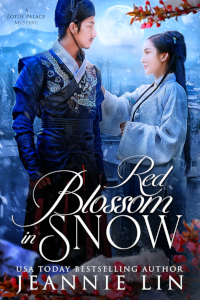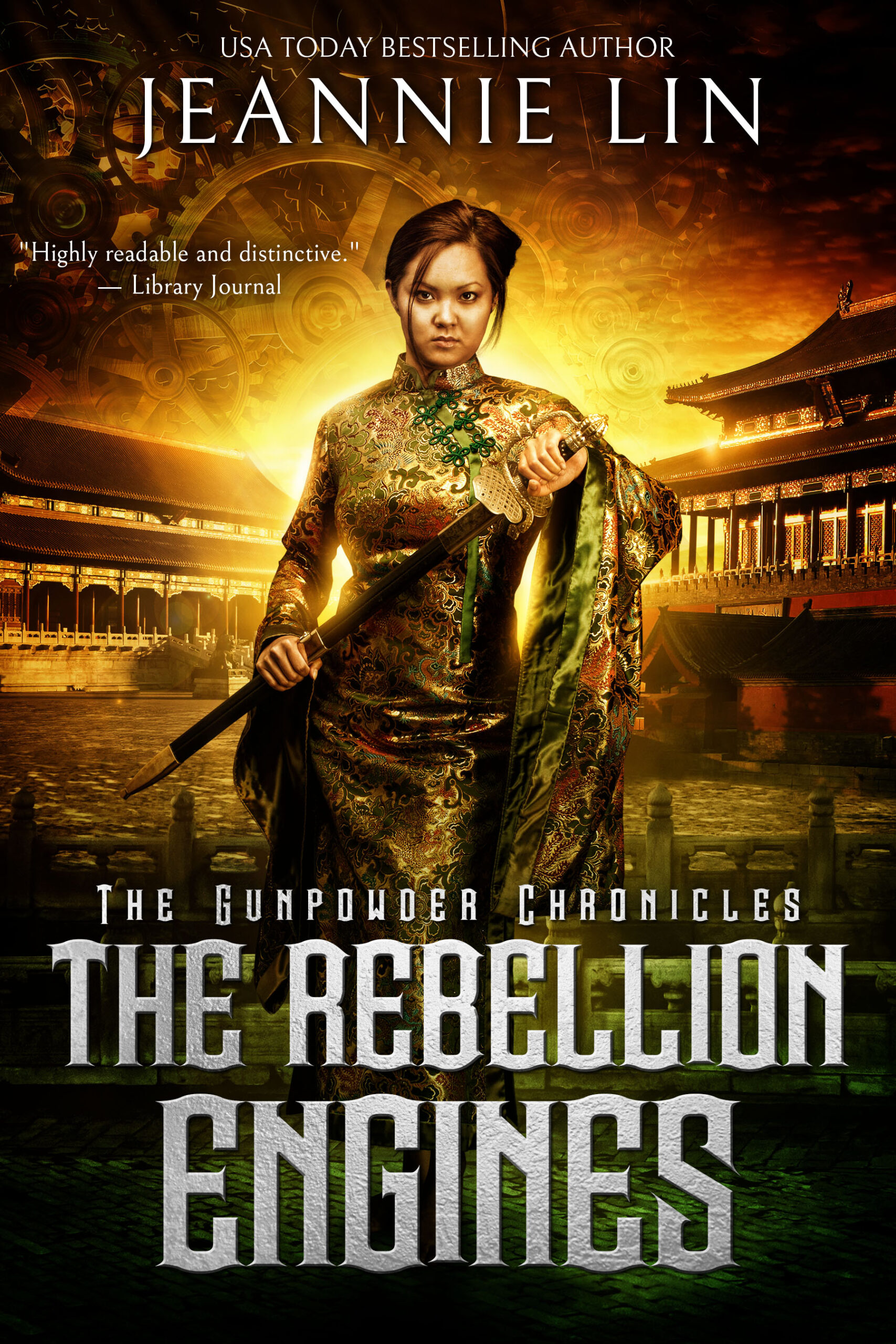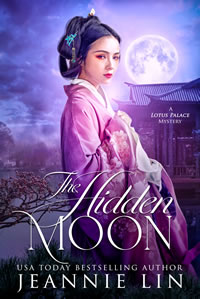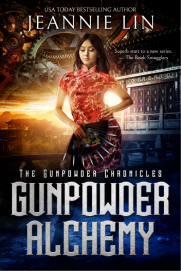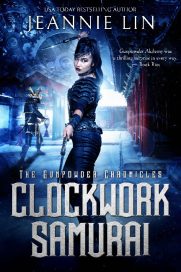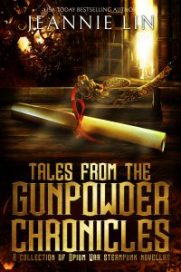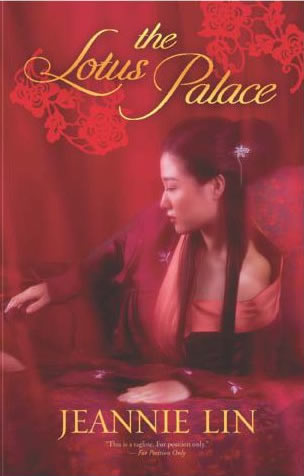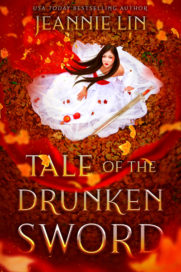What has me giddy this week? I learned from blog buddy Victoria Dixon that GGK has a new novel coming out April 2010 — and it’s set in a fantasy world based on Tang Dynasty China. *Cough* Ahem…next big thing? 🙂
GGK, serious author crush right now on you. Can’t wait for the book!
Here’s the info from his website. You can go to Bright Weavings for more info too.
—————————————-
UNDER HEAVEN will be published in April 2010, and takes place in a world inspired by the glory and power of Tang Dynasty China in the 8th century, a world in which history and the fantastic meld into something both memorable and emotionally compelling.
In the novel, Shen Tai is the son of a general who led the forces of imperial Kitai in the empire’s last great war against its western enemies, twenty years before. Forty thousand men, on both sides, were slain by a remote mountain lake. General Shen Gao himself has died recently, having spoken to his son in later years about his sadness in the matter of this terrible battle.
To honour his father’s memory, Tai spends two years in official mourning alone at the battle site by the blue waters of Kuala Nor. Each day he digs graves in hard ground to bury the bones of the dead. At night he can hear the ghosts moan and stir, terrifying voices of anger and lament. Sometimes he realizes that a given voice has ceased its crying, and he knows that is one he has laid to rest.
The dead by the lake are equally Kitan and their Taguran foes; there is no way to tell the bones apart, and he buries them all with honour.
It is during a routine supply visit led by a Taguran officer who has reluctantly come to befriend him that Tai learns that others, much more powerful, have taken note of his vigil. The White Jade Princess Cheng-wan, 17th daughter of the Emperor of Kitai, presents him with two hundred and fifty Sardian horses. They are being given in royal recognition of his courage and piety, and the honour he has done the dead.
You gave a man one of the famed Sardian horses to reward him greatly. You gave him four or five to exalt him above his fellows, propel him towards rank, and earn him jealousy, possibly mortal jealousy. Two hundred and fifty is an unthinkable gift, a gift to overwhelm an emperor.
Tai is in deep waters. He needs to get himself back to court and his own emperor, alive. Riding the first of the Sardian horses, and bringing news of the rest, he starts east towards the glittering, dangerous capital of Kitai, and the Ta-Ming Palace – and gathers his wits for a return from solitude by a mountain lake to his own forever-altered life.



